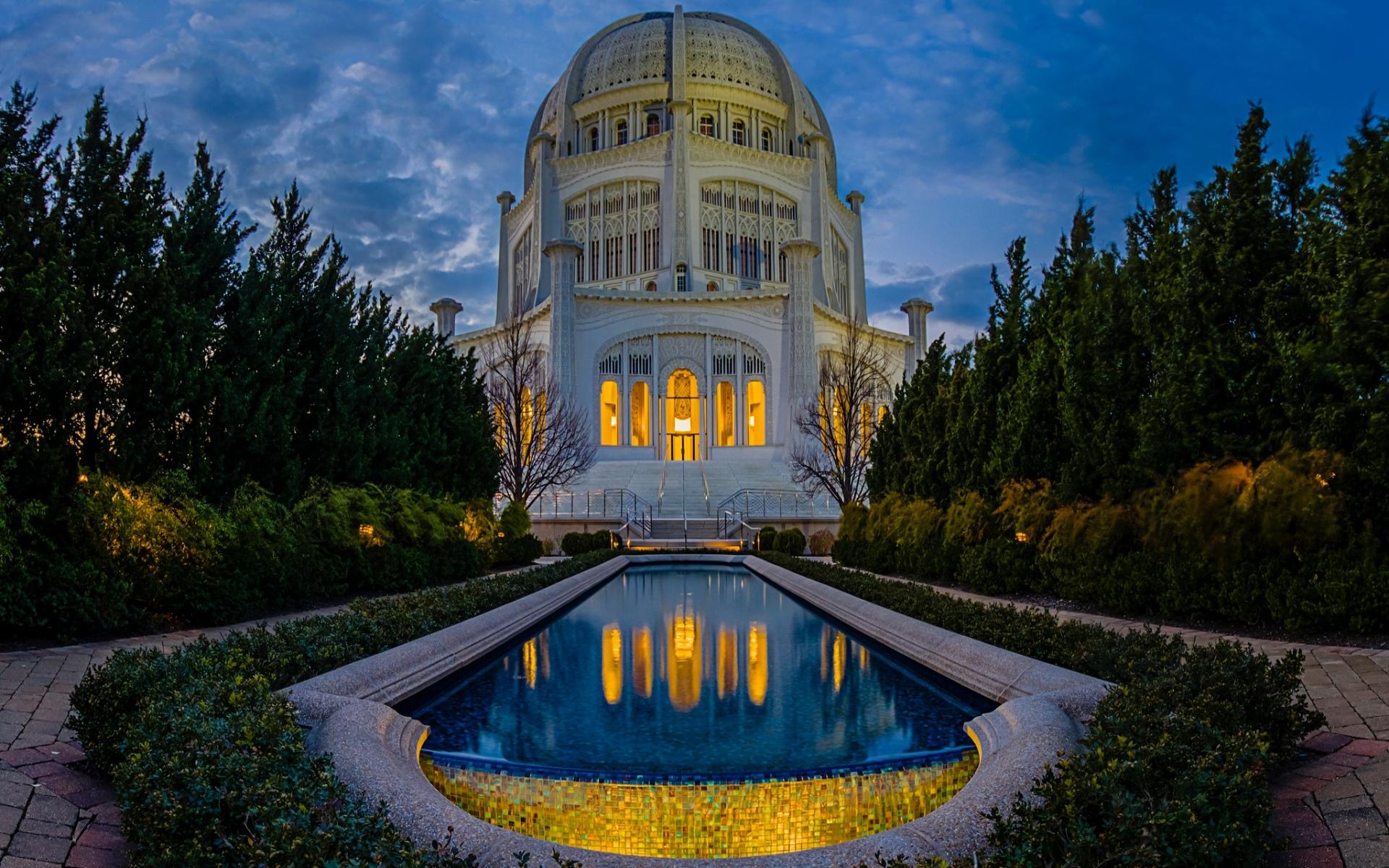In the contemporary landscape of human interactions, the question of race and ethnicity looms large. The Bahá’í Faith, with its deep-seated teachings on unity and equality, provides a profound lens through which to challenge prevailing notions of racism. The maxim “Color Is Not the Standard” serves as an incipient principle in Bahá’í teachings, promising a transformative shift in perspective that invites adherents and seekers alike to reevaluate preconceived notions regarding race.
At the heart of Bahá’í ideology lies the assertion that all humans are part of a singular family. This premise is not merely rhetorical flourish; it encapsulates a fundamental belief in the oneness of mankind. This principle compels followers to reject bias and discrimination shaped by superficial traits such as skin color. The teachings advocate for a reconfiguration of societal norms, urging individuals to recognize intrinsic qualities over extrinsic appearances. The emphasis is on the spiritual and moral capacities inherent in each person, rather than the arbitrary distinctions that have been historically used to entrench division.
The Bahá’í Faith emphasizes that differences in race and ethnicity are divinely ordained to enrich humanity’s collective experience. Abdu’l-Bahá, one of the central figures of the Faith, articulated that the diversity of the human race is akin to a beautiful garden, where the variety of flowers contributes to the splendor of the whole. Just as each flower occupies its unique space within a garden, so too do individuals contribute distinct gifts to the human experience. This metaphor serves to disrupt conventional paradigms that often marginalize and devalue those considered “other” based on race.
In confronting racism, the Bahá’í teachings underscore the necessity for an inner transformation that transcends mere external compliance. Followers are urged to cultivate virtues that foster unity, such as love, compassion, and justice. This involves recognizing inherent biases and actively working to rectify them, not merely through passive acceptance of diverse communities but by engaging in proactive efforts to dismantle the structures that perpetuate inequality. The Bahá’í approach calls for an unwavering commitment to social justice, recognizing it as an extension of spiritual practice and moral responsibility.
Through a dialogue on race, the Bahá’í Faith critiques the limitations imposed by a dualistic framework—where individuals are categorized as either “us” or “them.” Such binary thinking fosters an environment fraught with misunderstanding and animosity. The teachings posit that true enlightenment comes through embracing complexity and rejecting simplistic categorizations. The call to engage in conversations surrounding race—often fraught with discomfort—is framed as a pathway towards a deeper understanding and a more profound connection with one another.
The promise of Bahá’í teachings extends beyond mere advocacy against racism; it invites a reconsideration of the very nature of human relationships. The aspiration for global unity is embedded within the historical context of the Bahá’í Faith. Founded in the 19th century amidst the backdrop of colonialism and social upheaval, the teachings emerged as an antidote to the prevailing prejudices of the time. The founders advocated for the dissolution of barriers that segregated humanity, providing a timeless manifesto that remains relevant in addressing contemporary challenges.
Central to this discussion is the recognition that education plays a pivotal role in combating ignorance—the bedrock upon which racism flourishes. Bahá’í teachings emphasize the importance of knowledge and the pursuit of truth. It is through education that stereotypes can be deconstructed, and mutual appreciation for diverse cultures can be cultivated. Furthermore, a Bahá’í approach to education is underscored by inclusivity, ensuring that marginalized voices are heard and integrated into the broader narrative. This creates a tapestry of shared experiences that transcends individual backgrounds and fosters a sense of communal belonging.
To elucidate this principle further, consider the role of unity in diversity. The Bahá’í teachings stress that diversity is not merely tolerable but essential for the flourishing of society. Engaging with perspectives that differ from our own enriches our understanding and cultivates empathy. Thus, it becomes imperative to foster environments conducive to dialogue—spaces where individuals can discuss their experiences with race and discrimination without fear of retribution. Such engagement can illuminate shared aspirations and forge connections that honor both individuality and collective identity.
Moreover, the Bahá’í view advocates for action-oriented citizenship. This concept encompasses more than civic participation; it compels individuals to engage in societal transformation efforts that prioritize the common good. In today’s fractured world, Bahá’í teachings encourage individuals to champion policies and practices that dismantle systemic racism, promoting equity and justice in every realm of society, from community initiatives to vast structural reforms.
Finally, the Bahá’í teachings assert that the endeavor to achieve racial harmony is both a spiritual and moral journey. It invites individuals to introspectively explore their beliefs and behaviors, challenging long-held assumptions that may inadvertently contribute to division. This personal commitment to growth and understanding resonates deeply within the broader narrative of human relationships and serves as a beacon for collective advancement.
In conclusion, the Bahá’í perspective on race and racism extends an invitation to fundamentally reassess how we understand our coexistence. Through the lens of unity, love, and justice, adherents are called to action against the racial prejudices that besiege humanity. The promise of the Bahá’í teachings is not merely a vision of hope; it is a compelling call to engage in the transformative work of building a world where the richness of human diversity is celebrated, not merely tolerated. The journey toward this ideal necessitates both individual and collective effort. By pursuing a reality where “Color Is Not the Standard,” we can collectively construct a more inclusive and equitable world, thereby inaugurating a new era of understanding and connectedness among all people.
